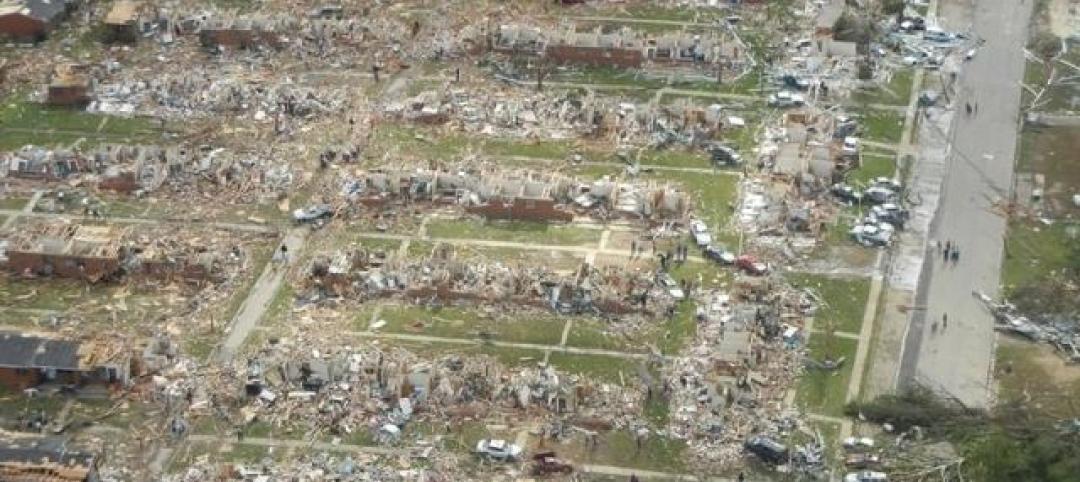The Occupational Safety and Health Administration (OSHA) has issued interim enforcement guidance to help combat supply shortages of disposable N95 filtering face piece respirators (N95 FFRs).
Due to the impact on workplace conditions caused by limited supplies of N95 FFRs, OSHA says employers should reassess engineering controls, work practices, and administrative controls to identify any changes that could decrease the need for N95 respirators. Employers may consider use of alternative classes of respirators that provide equal or greater protection compared to an N95 FFR.
Alternatives include National Institute for Occupational Safety and Health (NIOSH)-approved, non-disposable, elastomeric respirators or powered, air-purifying respirators. When these alternatives are not available, or where their use creates additional safety or health hazards, employers may consider extended use or reuse of N95 FFRs, or use of N95 FFRs that were approved but have since passed the manufacturer’s recommended shelf life, under specified conditions.
This interim guidance will take effect immediately and remain in effect until further notice, OSHA says.
Related Stories
| Dec 15, 2011
Dayton, Ohio schools saving $2.6 million annually by building to LEED
On average, green schools save about $100,000 a year on operating costs, including energy and water savings.
| Dec 15, 2011
Building to LEED standards can pose new risks for construction workers
Workers on these projects suffer a 24% increase in falls to lower levels during roof work, which researchers attributed to the installation of solar panels, and a few other risks.
| Dec 15, 2011
NRDC charges Maine governor with weakening green wood requirement
The FSC program is administered through the Leadership in Energy and Environmental Design (LEED) and requires wood to be harvested in a sustainable way.
| Dec 15, 2011
Post-tornado, Tuscaloosa seeks to create walkable urban, retail areas
Block sizes initially were limited to a maximum perimeter of 1,750 feet, with no side of the block being longer than 500 feet.
| Dec 15, 2011
Allentown, Pa. city council asked to repeal union-friendly law
The mayor of Allentown, Pa. asked the City Council to repeal a year-old ordinance that forces contractors to hire union workers for large city projects funded with state and federal dollars.
| Dec 13, 2011
LEED-EB outpaces LEED for new construction
The U.S. Green Building Council's (USGBC's) LEED certifications for existing buildings standard is outpacing LEED for new buildings for the first time.
| Dec 13, 2011
Regulators charge pervasive abuse of construction workers in Connecticut
Federal and state regulators say they have uncovered what they call "widespread noncompliance" with minimum wage and overtime laws in Connecticut's construction industry.
| Dec 13, 2011
Philadelphia mayor signs order for project labor agreements
Philadelphia Mayor Michael Nutter signed an executive order establishing project labor agreements for major public works projects in Philadelphia.
| Dec 13, 2011
Improved code requirements for attic ventilation
The Roof Assembly Ventilation Coalition (RAVC) participated in the development of the code.
| Dec 12, 2011
LEED-EB Outpaces LEED for New Construction
The U.S. Green Building Council’s (USGBC’s) LEED certifications for existing buildings standard is outpacing LEED for new buildings for the first time.















